The New York City Department of Buildings (DOB) recently published proposed rules for implementing Local Law 97 (LL97), landmark legislation initially passed in 2019 aimed at limiting the city’s carbon emissions. These limits are the centerpiece of the City’s plan to reduce harmful greenhouse gas emissions and to meet reduction targets in citywide emissions by 2050. The law is set to go into effect in 2024, with its first compliance deadlines scheduled for 2025.
Mayor Eric Adams was quoted recently on nyc.gov as saying, “Decarbonizing our buildings is a critical step on the way to becoming a carbon-neutral city, and these proposed rules show that our administration is committed to fully implementing this law to ‘Get Stuff Done’ and deliver a greener, healthier New York City.”
Major Points
These proposed rules were developed by the DOB’s newly-created Bureau of Sustainability, along with partner agencies, the Local Law 97 Advisory Board and eight working groups invested in the fair and successful implementation of the law. The new rules aim to provide clarity on Local Law 97, as property owners continue energy efficiency retrofits on their buildings. Included in the proposed rules are:
- A formula for determining a building’s annual greenhouse gas emissions limits
- The method for calculating a building’s energy use
- The method for factoring time of use into calculations, which encourages responsible energy consumption
- The adoption of US Environmental Protection Agency (EPA) Energy Star Portfolio Manager property types for implementation of the law, which enables the Department to assign emissions limits more accurately to the owners of different building types based on their energy usage.
The DOB also published a list of buildings covered by LL97 for the 2025 deadline. It is the first such list ever assembled, and was released in conjunction with the new rules.
Impact on Co-op and Condo Buildings
Of course, the new rules raise many questions for NYC co-op and condominium buildings about how the 2025 compliance requirements will affect their communities.
William McCracken, a partner with Manhattan-based law firm Ganfer Shore Leeds & Zauderer says, “The proposed rules will have a significant impact on compliance efforts, because the rules fill in a lot of the blanks that were left open in the text of the statute. These are instructions about how to calculate gross floor area, for instance. Another question is how do condominiums report their building’s energy usage? How do mixed use properties calculate their emissions limits? None of these rules are particularly sexy, but they are essential for planning and reporting purposes. The rules do contain significant differences for different building types and different usages, but this is a good thing. The goal is to try to avoid arbitrarily rewarding (or penalizing) one building type or use over another, and you can tell the regulators put a lot of work into formulating these rules.”
In previous examinations of the requirements of the law, management professionals have suggested to CooperatorNews that in some cases - particularly older and smaller properties - that compliance with LL97 is so onerous they will recommend that some clients simply absorb the penalties rather than complete work required to comply with the regulations. As counsel to many co-op and condominium buildings however, McCracken differs:
“I would urge those buildings to pursue a different strategy,” he says. “We all recognize that the compliance work might be expensive, potentially even prohibitively expensive. LL97 has a hardship process written into the law, but buildings will only be able to take advantage of that process and reduce (or even eliminate) penalties if they can demonstrate a good faith effort to comply first. You won’t be able to do that if you declare on day one that you’re ‘just going to pay the fines.’ In addition, boards could arguably be violating their fiduciary duties if they don’t at least seriously explore the possibility of doing these energy upgrades.”
McCracken goes on to say that “It’s important to bear in mind that most decarbonization projects pay for themselves over time, and improve the quality of life of the building’s residents. If you can possibly figure out how to pay for it, these can be very good things to be doing for your residents. And that’s true whether or not you face LL97 fines.”
With that said, it’s crucial that boards retain a good consultant or engineer who can apply the new guidance from DOB to their particular building and give them a more precise estimate of its emissions. From there, they can begin to formulate a plan for compliance that comports with their budget.



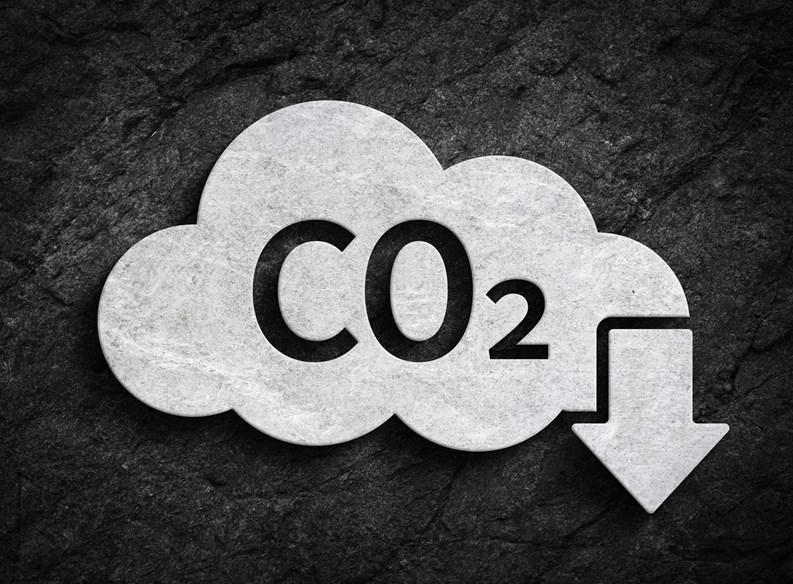
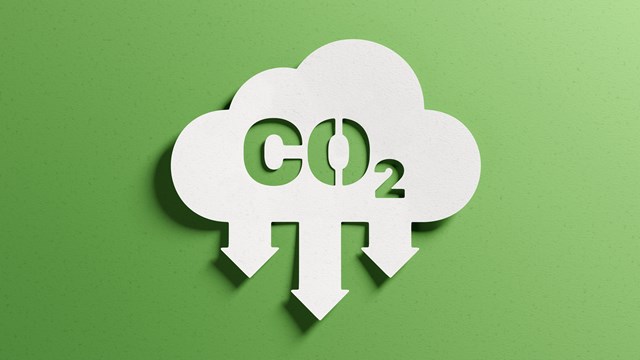
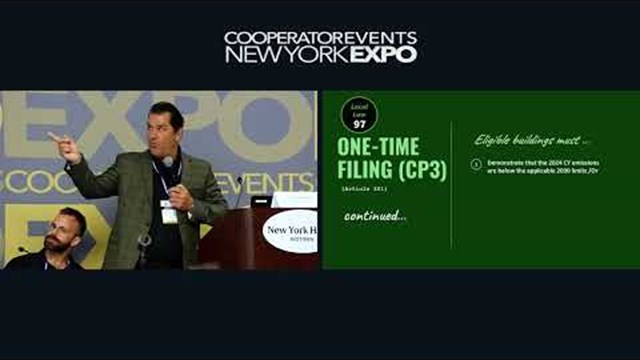
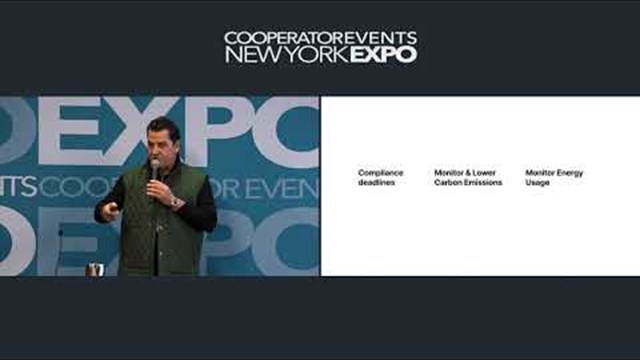
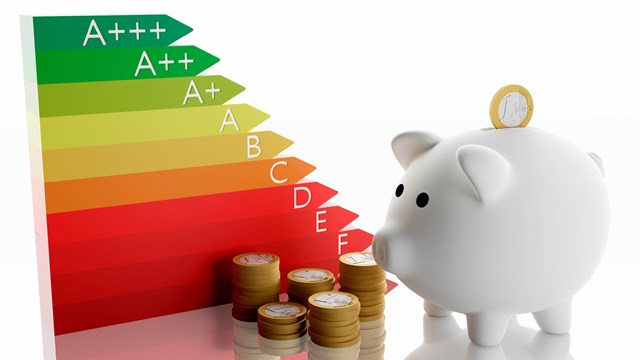

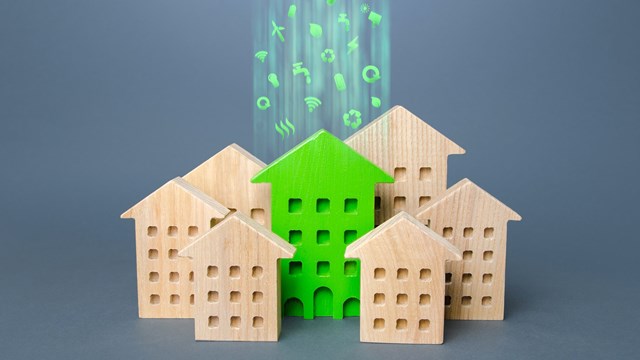
Leave a Comment